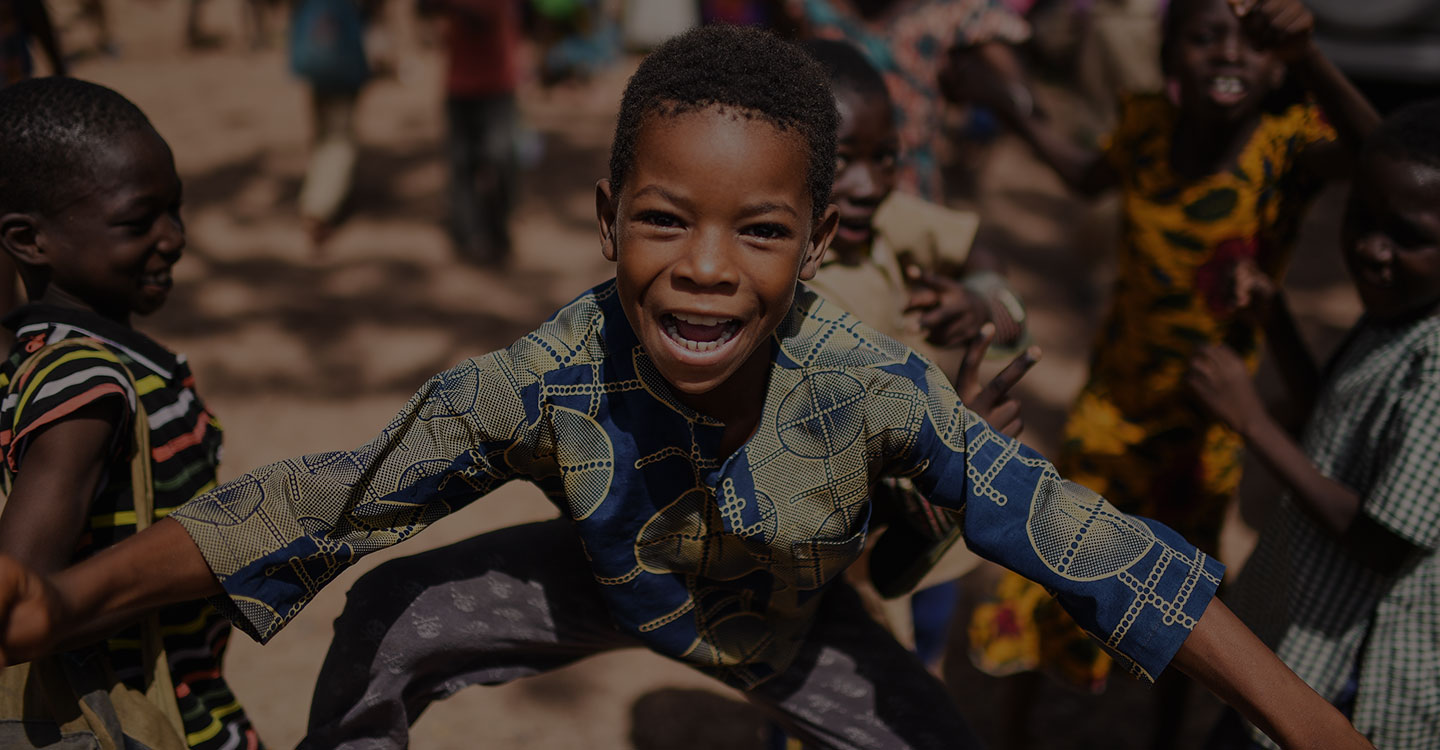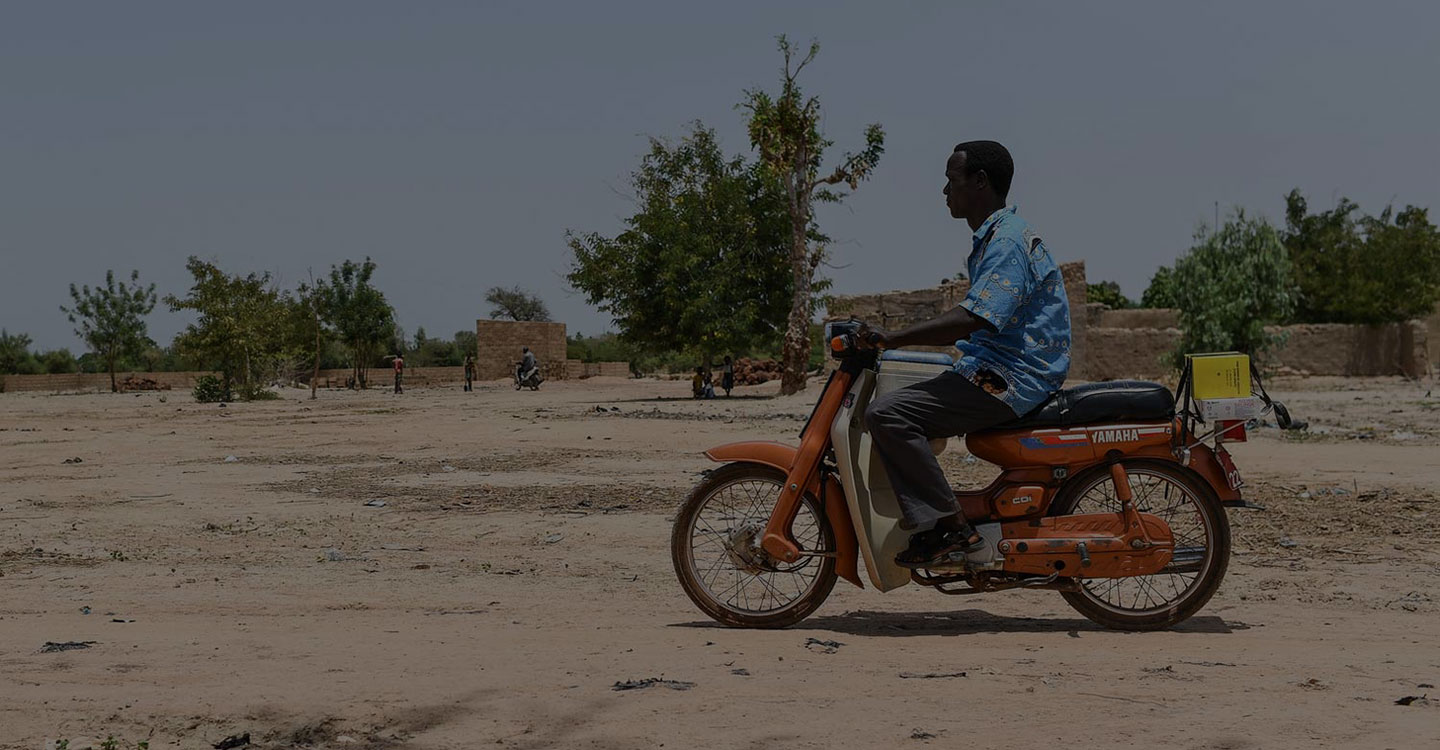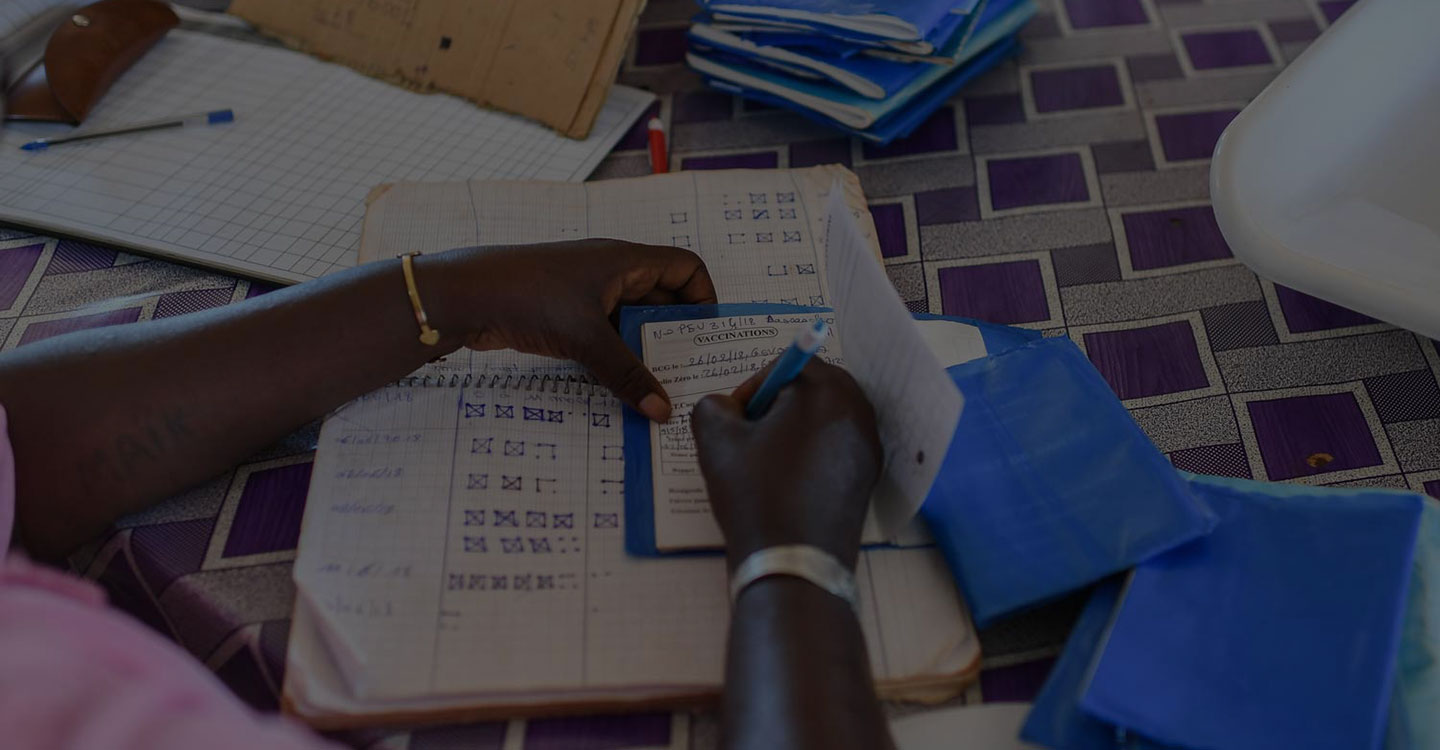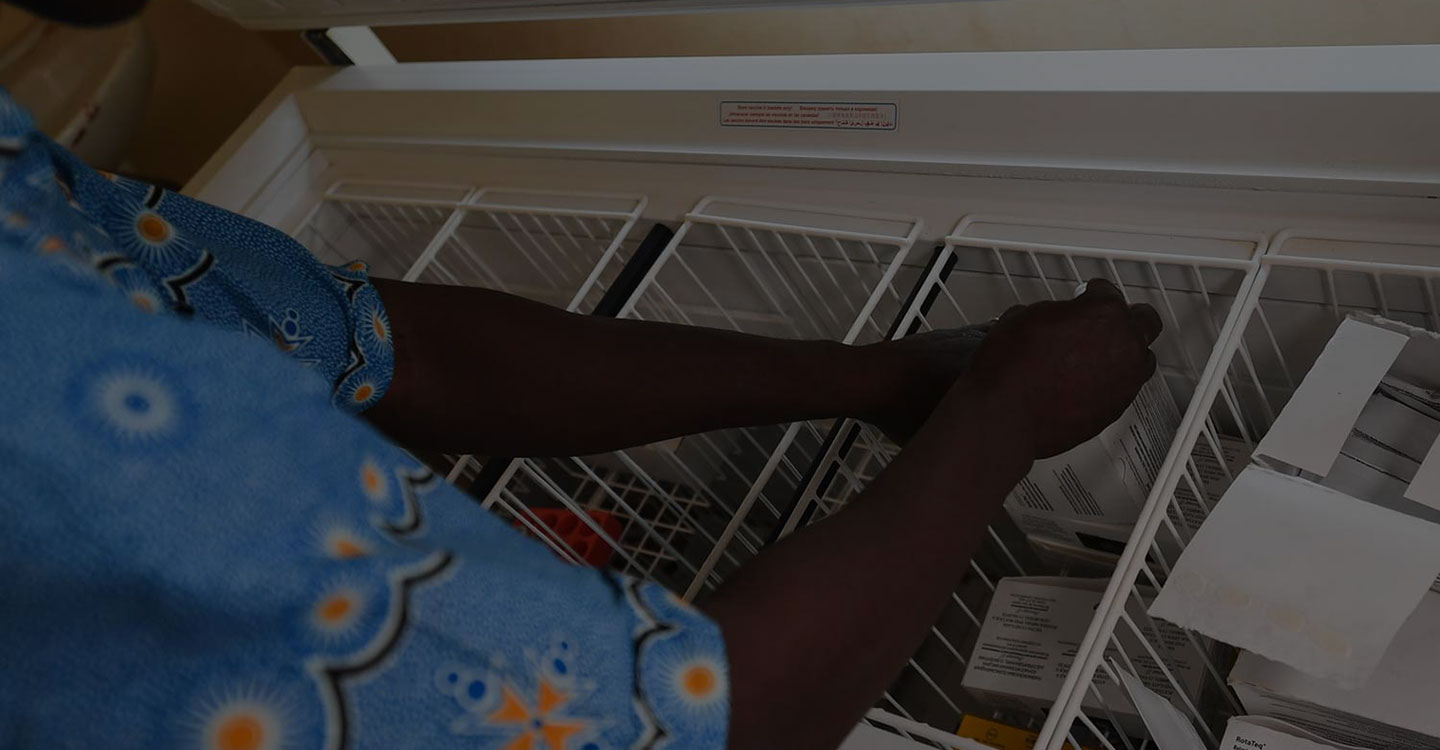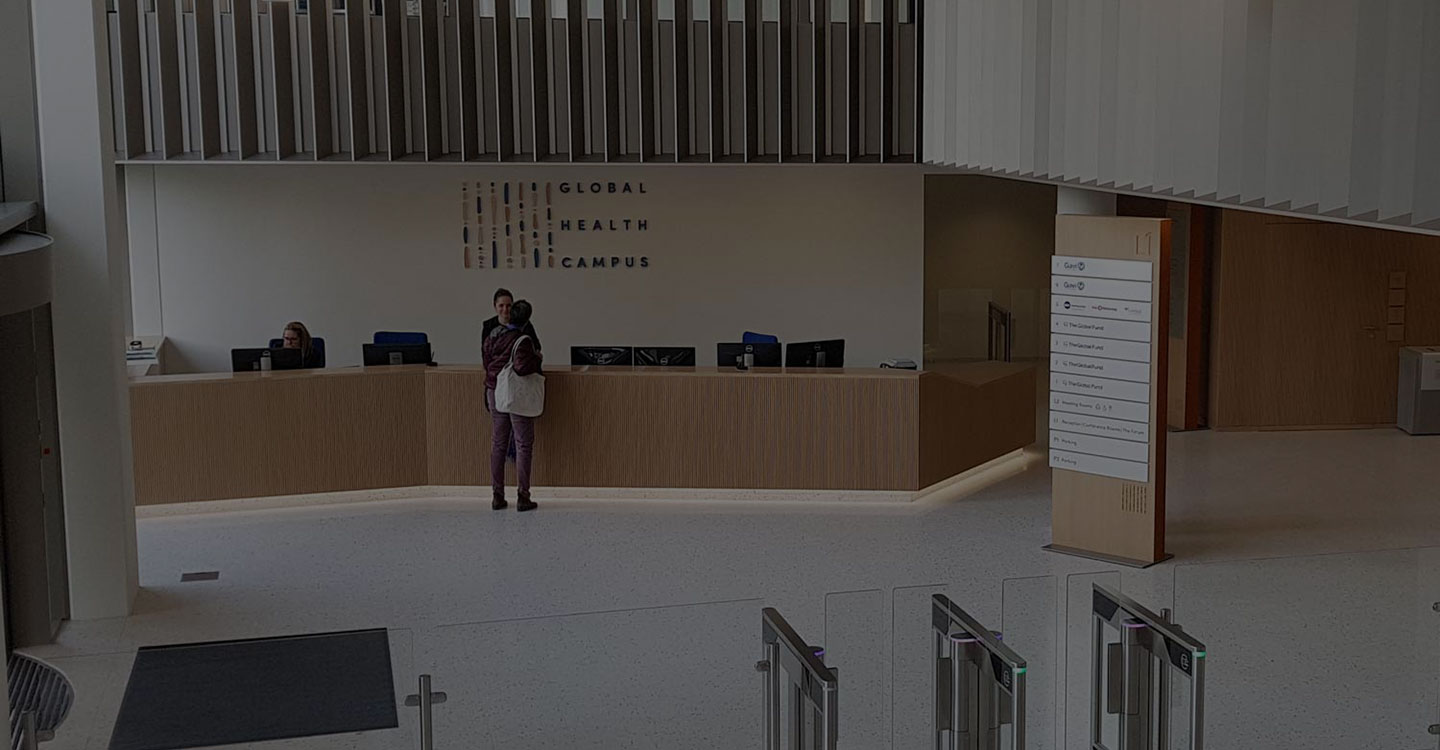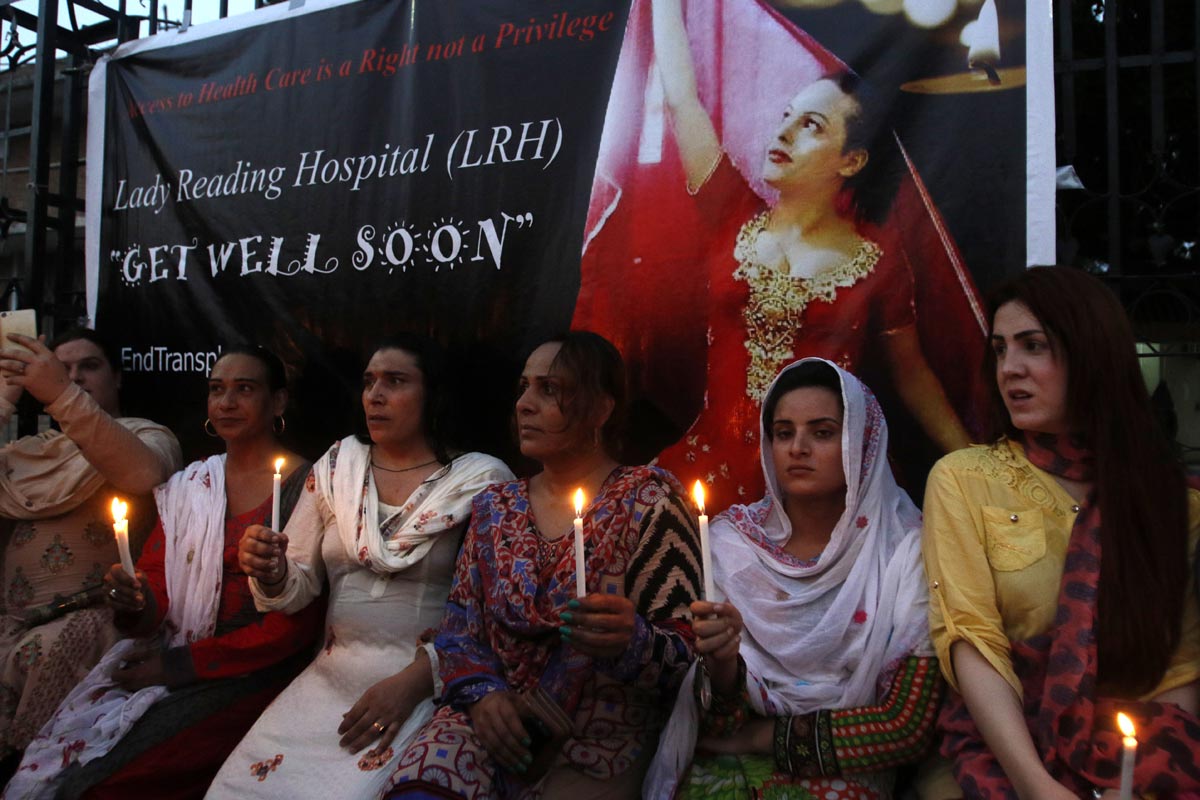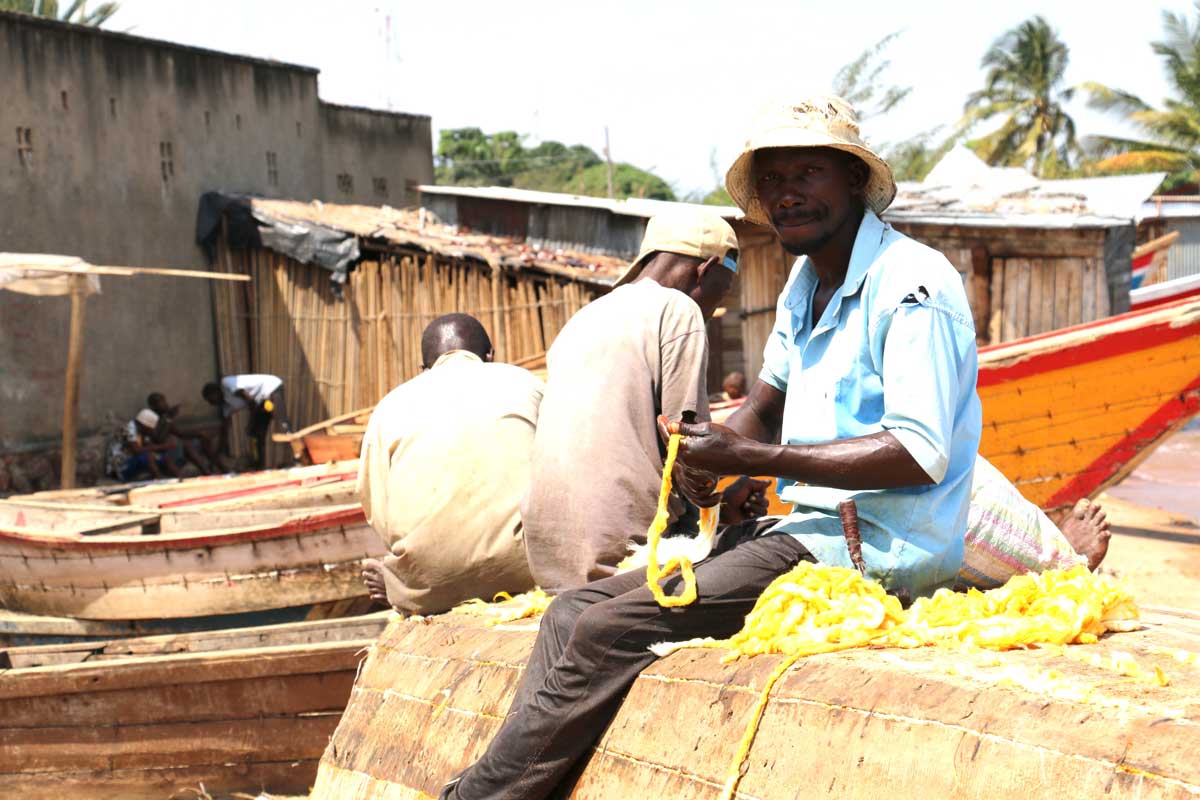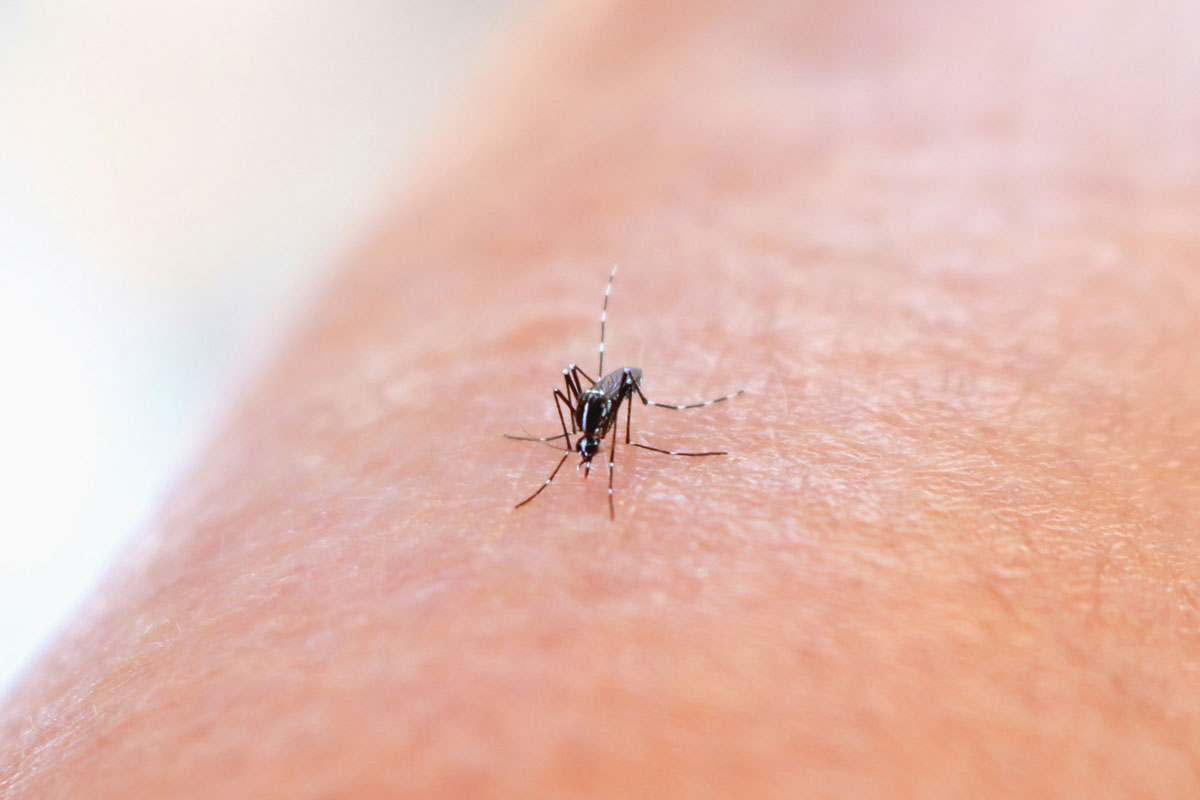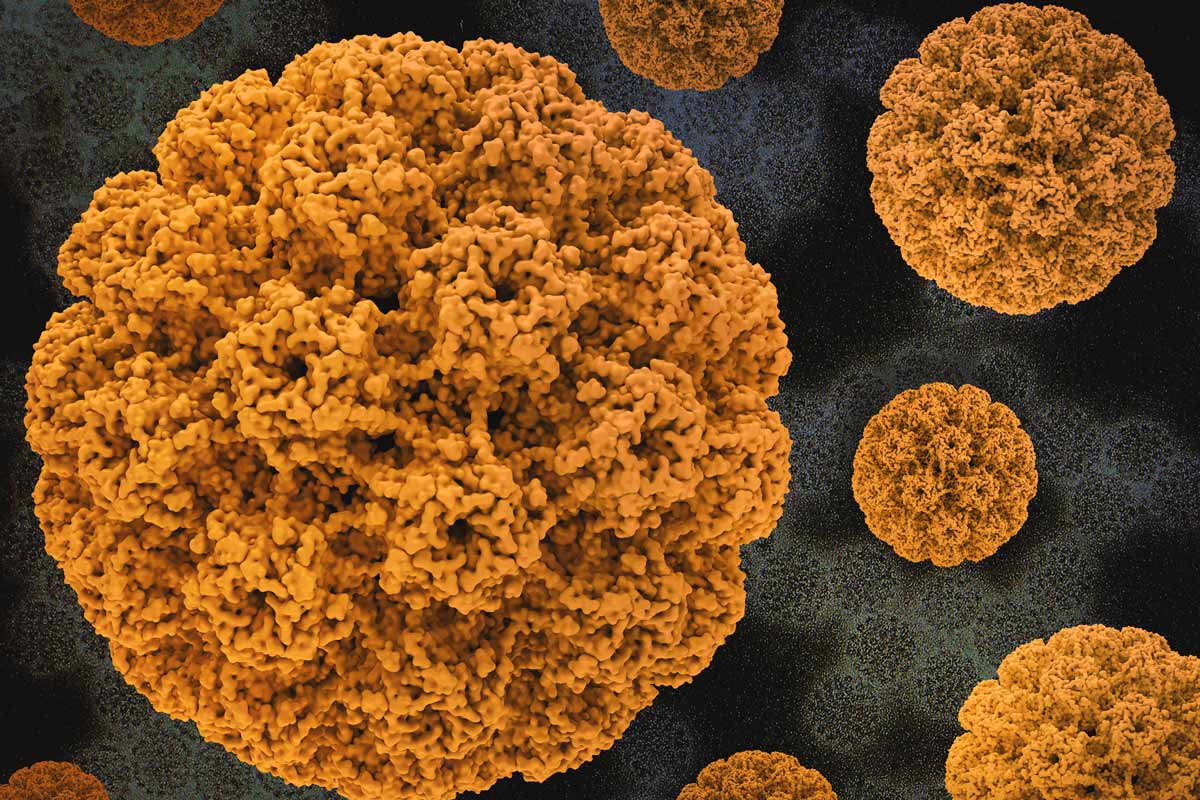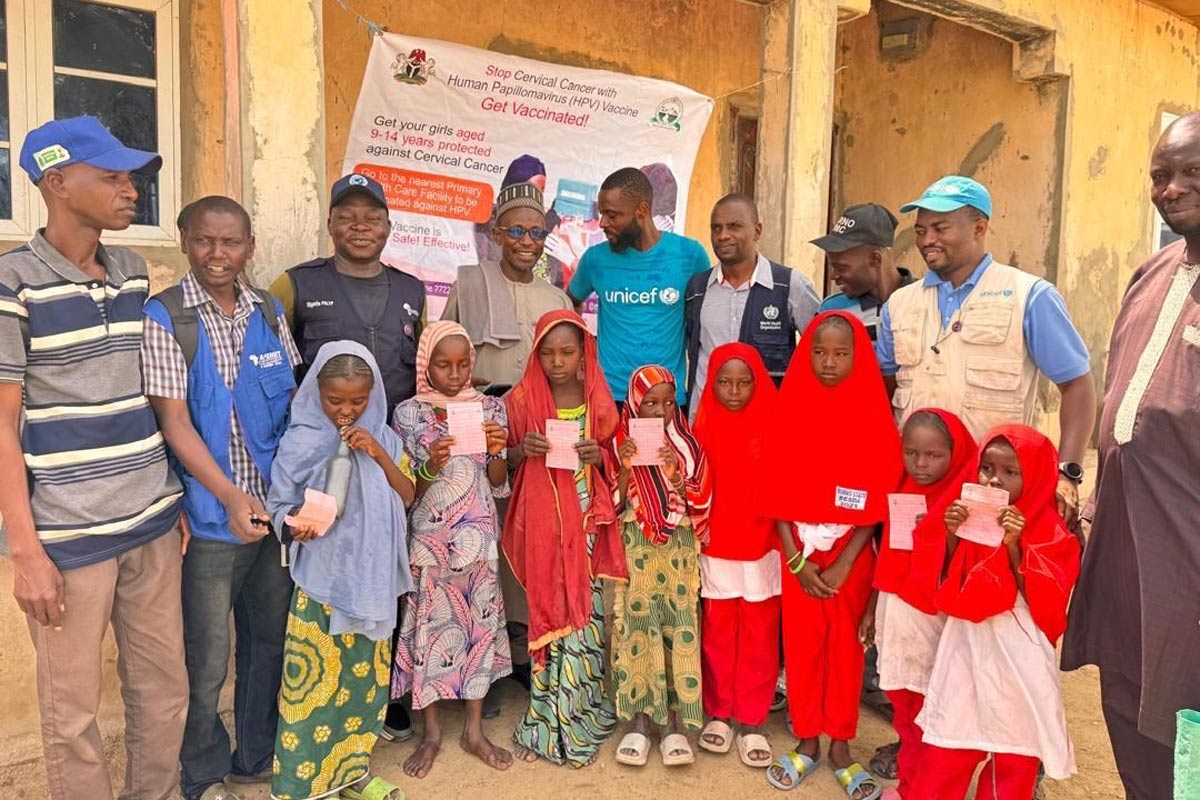The people behind the partnership
- 10 July 2018
- 6 min read
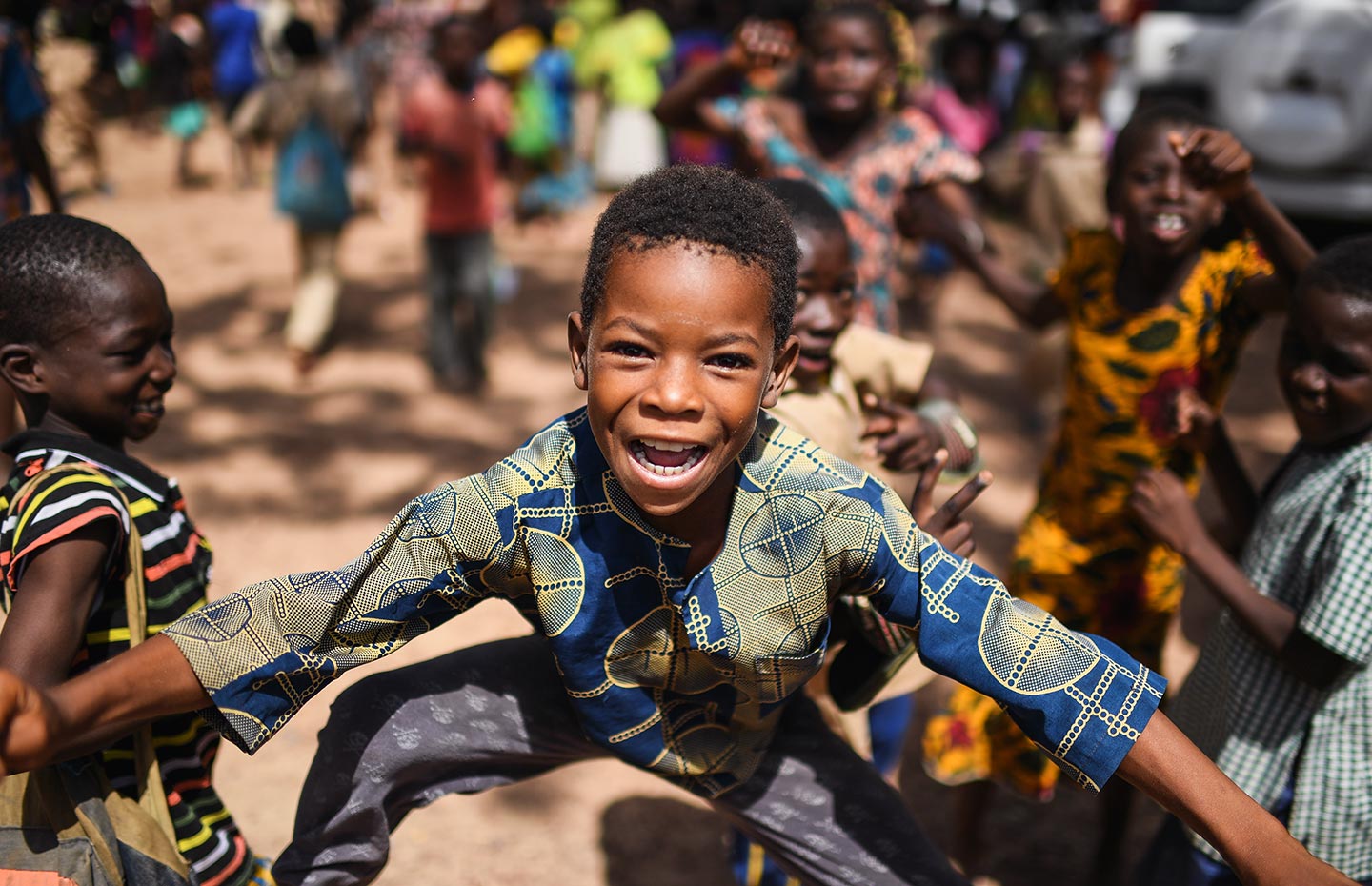
Dr Jean-Thomas Nouboussi, Global Fund Portfolio Manager
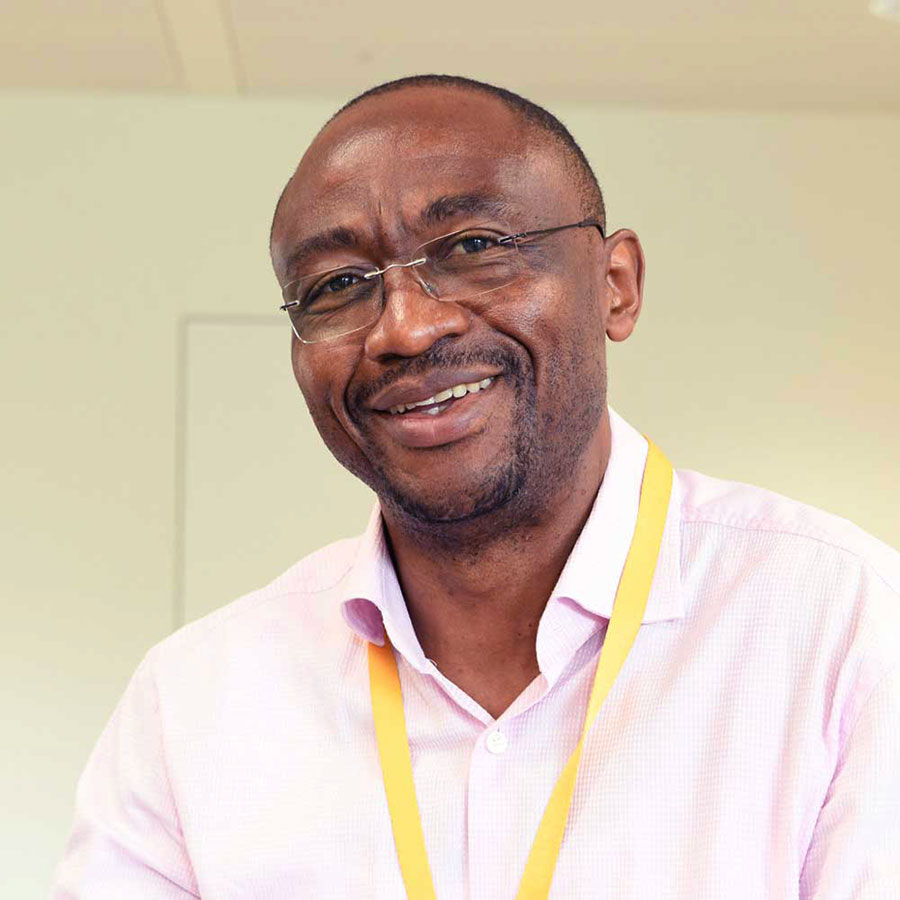
Ahawo Komi M. Alain, Gavi Country Manager
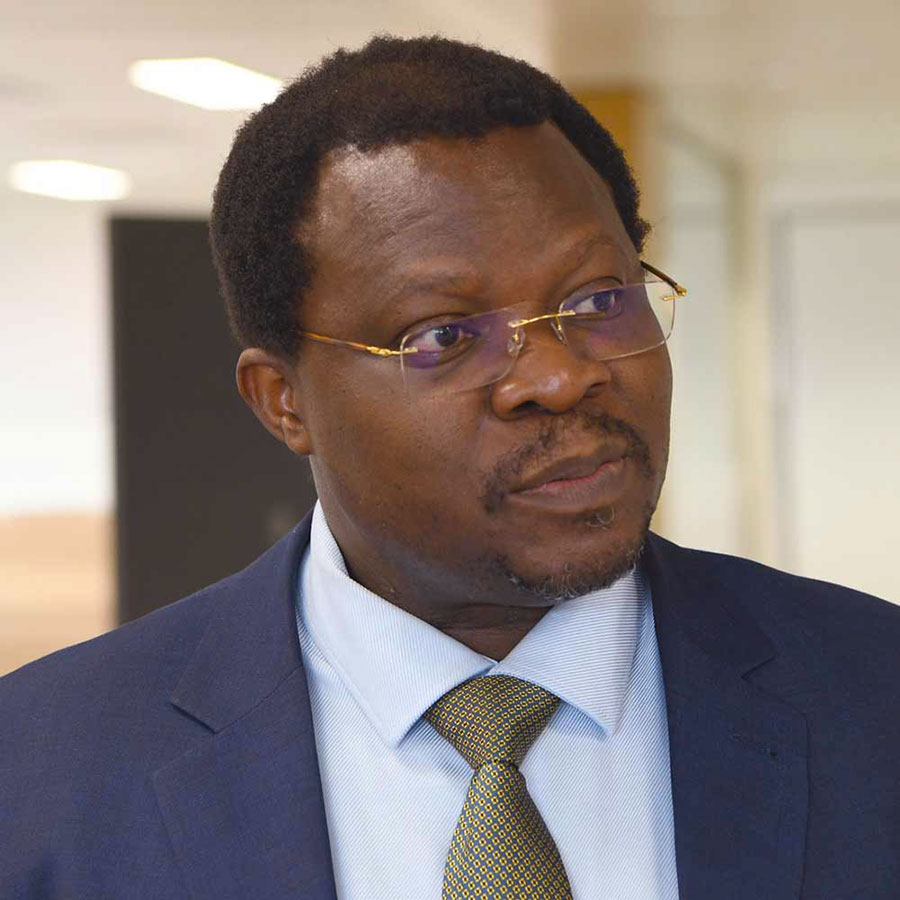
Dr Issa Ouedraogo, EPI Director, Burkina Faso
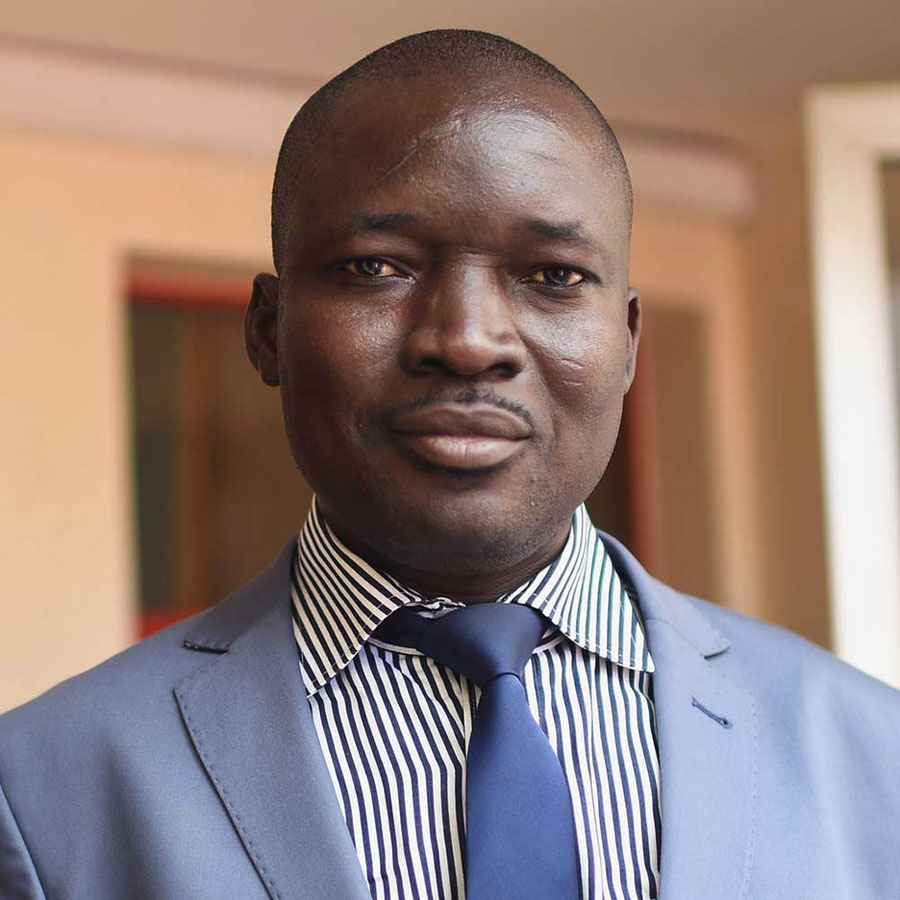
"We have always planned things together but our collaboration now goes much further. We work closely to coordinate support, field missions and capacity-building."
"When we visited Ouahigouya health centre together to see an mHealth tool monitoring childhood illness, we both had the same idea. The tool could be used to collect vaccination data."
"Collaboration avoids duplication in resource allocation. It means more people have greater access to health facilities and a better quality of care."
Gavi’s Ahawo Komi M. Alain and Dr Jean-Thomas Nouboussi of The Global Fund (TGF) share a common task. Each manages their organisation’s investments in improving the health services in Burkina Faso. Gavi focuses on immunisation. TGF targets the end of HIV, malaria and tuberculosis.
While Alain and Jean-Thomas have always worked together to prevent overlap, their collaboration has moved beyond joint planning in Geneva to on-the-ground coordination in Ouagadougou. As well as sharing similar roles, they now synchronise country visits, field trips, support – and innovation. Thanks to a joint visit to a health clinic, Gavi and TGF are currently planning to co-fund the expansion of the mhealth project that allows Burkina Faso’s health ministry to use digital tablets both to improve national data collection and to strengthen the health information system.
Making every development dollar count is critical for Burkina Faso. Since 2002, coverage with basic childhood vaccines has risen from 69% to an impressive 91%, but the country remains one of the poorest in the world.
Voices from Gavi, TGF and the Health Ministry explain four areas where collaboration is supporting Burkina Faso’s health agenda.
Despite an impressive 91% immunisation coverage rate, Burkina Faso is struggling to meet its long-term commitment to allocate 15% of the national budget to health, in line with the African Union’s ‘Africa Scorecard on Domestic Financing for Health’ agreed in 2016. In 2017, the country spent 10% and continues to rely heavily on investments from development organisations such as Gavi and TGF.
Funding from Gavi, TGF and the World Bank, already earmarked for specific programmes, is managed through the PADS (Programme d’Appui au Developpment Sanitaire).
How will Gavi-TGF collaboration improve the allocation of health funds?
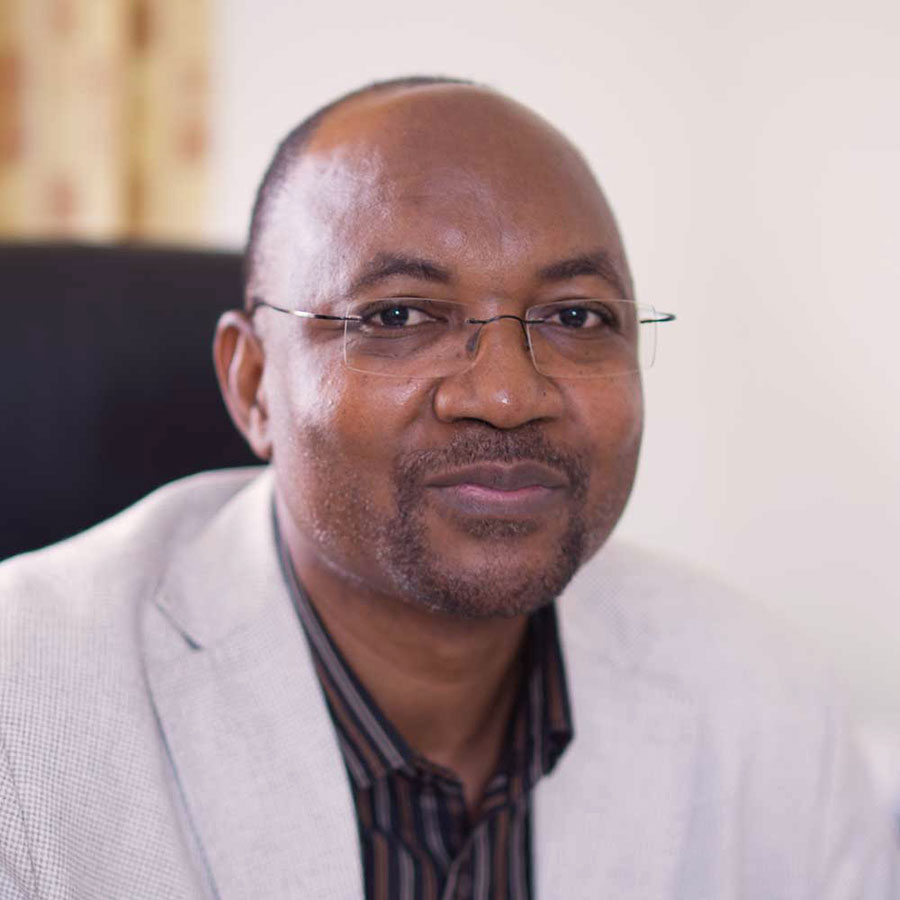
"Both entities work to strengthen the health system to garner victories on the ground and improve the population’s health. It is about pooling our efforts and ensuring that the implementation structures are optimal. We are already doing joint field visits."
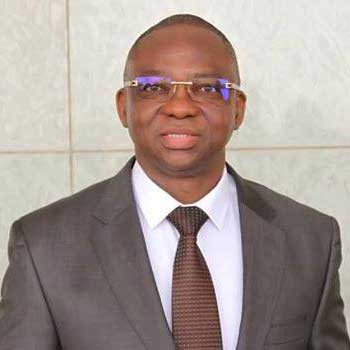
"Collaboration saves time for our teams, as it allows for common reporting on health indicators and convergence of guidelines. We are currently implementing their joint recommendations to secure vaccines and cold chain equipment as well as other public health activities."
How do Gavi and TGF work to reach unvaccinated children?
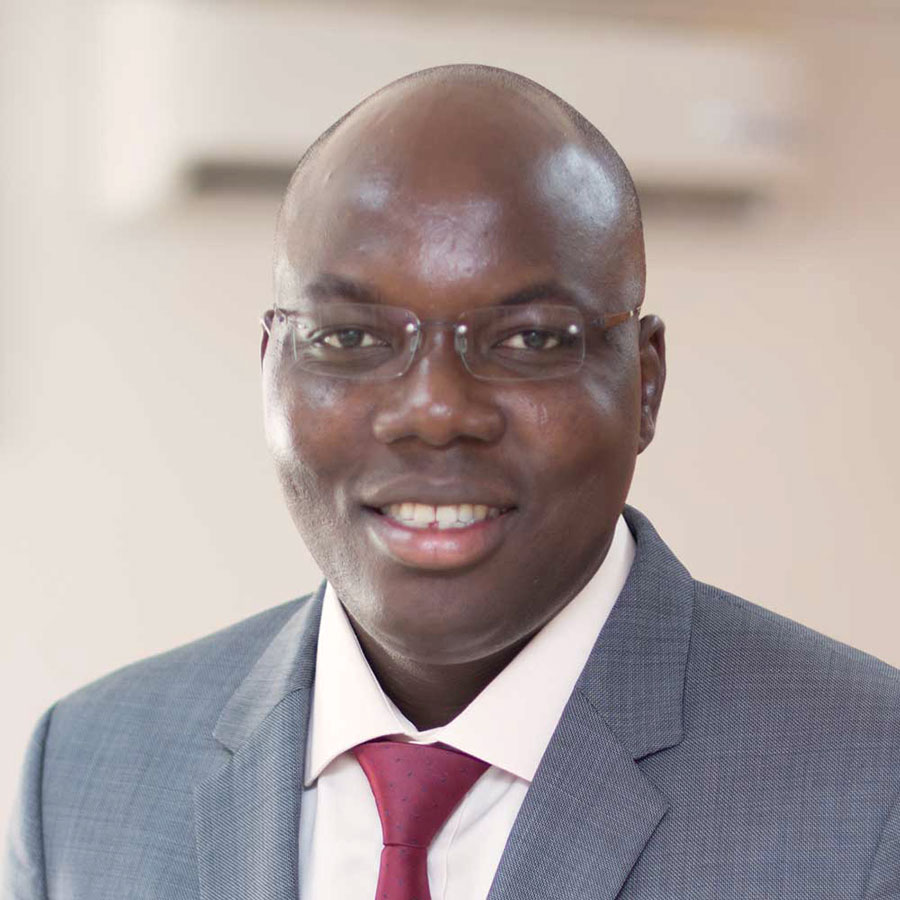
"Prior to 2018, we had overlapping fund allocations. From now on, their investments are synchronised and complement each other.
For example, the Global Fund supports almost 18,000 community-based health workers in Burkina Faso, as well as 263 community-based organisations that help improve health care, especially in rural areas. Part of their job is to raise awareness about vaccination, identify children who do not have immunisation cards, and help the EPI search for the lost children.
Gavi meanwhile, has equipped all the health centres with motorcycles, allowing health workers to vaccinate more than five kilometres from their medical facilities. The health centres also use these bikes for other activities that may improve health care.
We will not save children from malaria only to see them die of diseases that can be prevented by vaccination!"
How is Burkina Faso working with partners to harmonise its health data?

"When we visited Ouahigouya health centre together last February to see an mHealth tool monitoring childhood illness, we both had the same idea. The tool could be used to collect vaccination data."
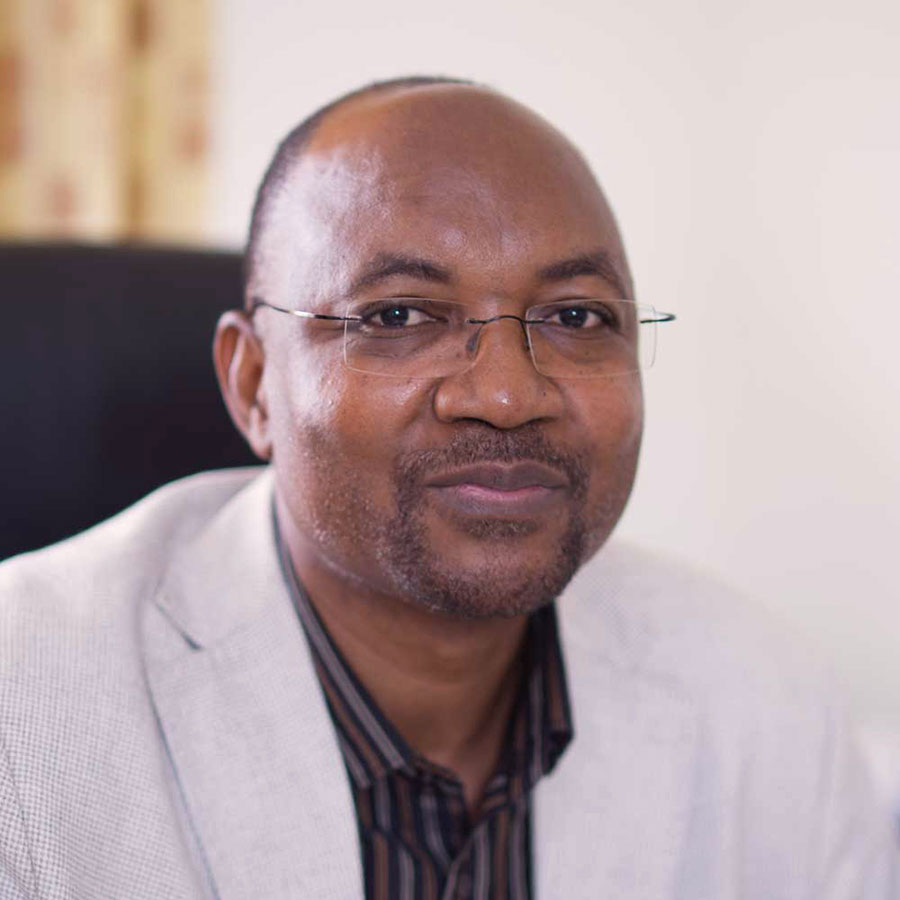
"Together we are finalising a project that will use digital tablets to improve national data collection and strengthen the health information system. This will help healthcare professionals base decisions on reliable indicators, and implement optimal strategies. Ultimately, the health system will be strengthened."
How will Burkina Faso leverage solar power to strengthen its cold chain?
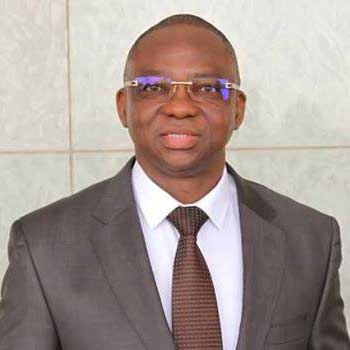
"Burkina has an average vaccination coverage rate of 90%. But we do not have 90% efficiency because we still have to improve the cold chain. With Gavi and the Global Fund, we are working to make the cold chain more efficient and reliable with solar-powered equipment. This will benefit all health centres."
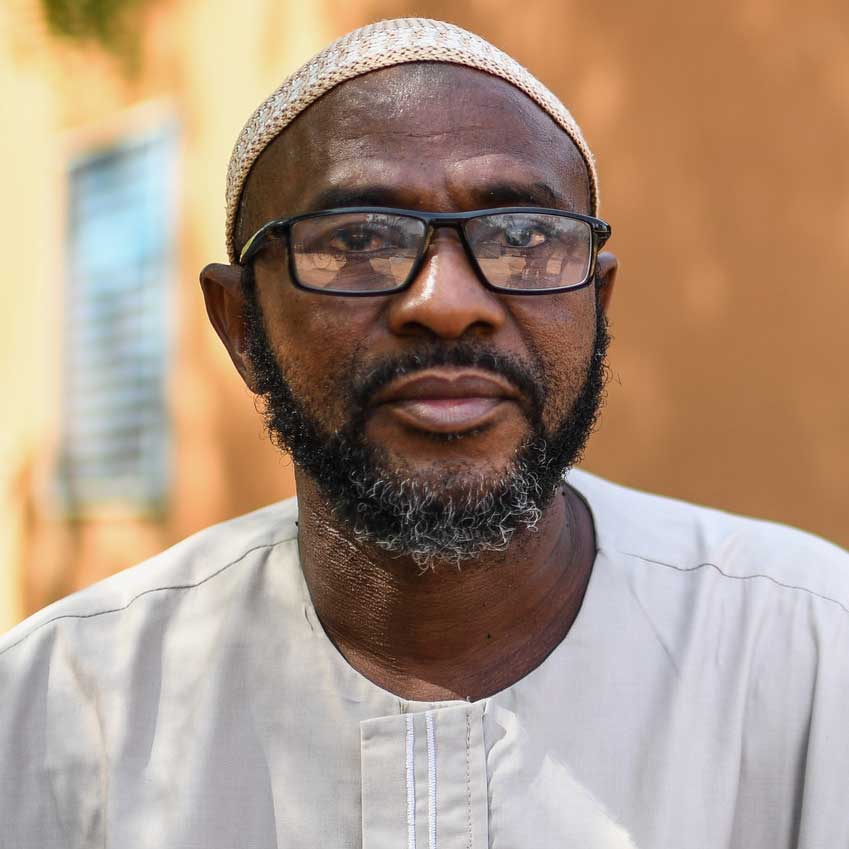
"We take the necessary concerns in the event of a power outage, but solar power is much more logical, financially and technically."
Immunisation in Burkina Faso: facts and figures
Key achievements:
- One of the highest immunisation coverage rates in West Africa
- Elimination of antenatal tetanus in 2012 and polio in 2016
- Since meningitis A vaccine introduced in 2016, deadly meningitis A outbreaks have stopped
- No major measles outbreak since 2006
- Excellent community mobilisation for immunisation with nationwide civil society organisation (SPONG) supporting and training community health workers to create health awareness
- Strong political commitment to immunisation with a yearly increase in health budget
